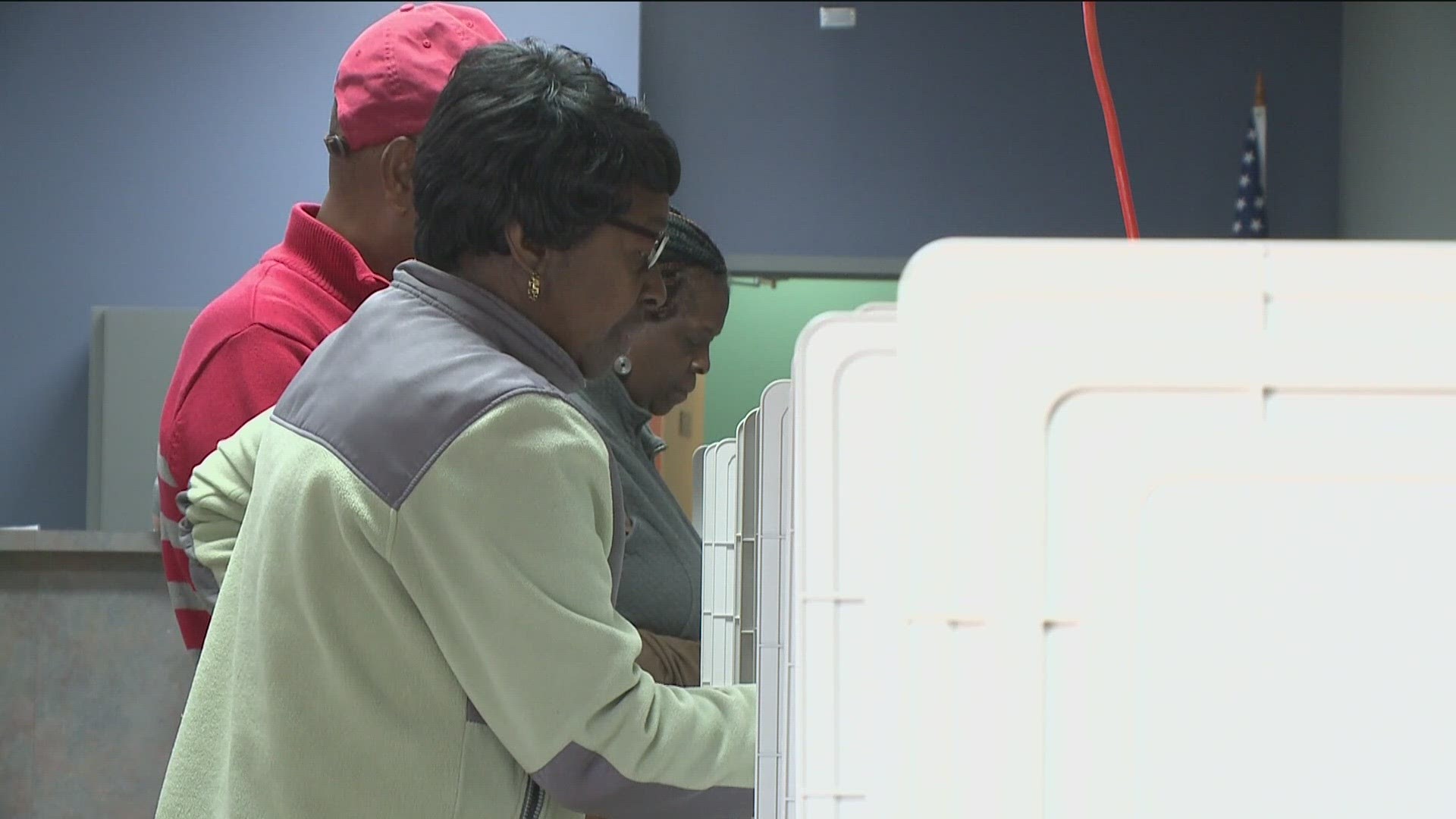ATLANTA — A federal judge has ordered the Georgia secretary of state into court to defend the state’s use of computerized voting, due to take place in a presidential primary four months from now.
Judge Amy Totenberg has ordered a non-jury trial to decide whether Georgia’s computerized voting system is safe enough from potential hackers to keep using next year.
Critics of Georgia’s computerized election system point to a security breach in south Georgia’s Coffee County – documented on surveillance video – where unauthorized people spent hours with computer systems, scanning and copying secure software, then posting some of the material on the internet.
Totenberg writes in the trial order that the “2021 Coffee County election equipment breach … presents a substantial risk that … votes will not be counted as cast.”
Breaches like that, critics say, can lead to Georgia ballot marking devices going haywire – as happened earlier this month in a local election in Pennsylvania, where voters using Dominion ballot marking devices printed paper ballots with QR codes that didn’t match the candidates’ names chosen by voters.
Numerous cybersecurity experts have contended in and out of court that hackers can undermine or alter the outcomes of elections dependent on computers and that election officials may not be able to identify when such hacking takes place.
In her order putting Secretary of State Brad Raffensperger’s office in a civil trial in January, Totenberg writes the “defendants fail to identify a single cybersecurity expert who endorses the current configuration of Georgia’s (ballot marking device) system.”
"There is this very long, extensive and frankly alarming record of him not addressing election security, and not understanding it, and not wanting to understand it," said Susan Greenhalgh, a consultant for plaintiffs whose suit has been in court since 2018.
Backers of Georgia’s computerized voting system say there’s been no evidence of any security breaches in the 2020 and 2022 elections. They lump cybersecurity experts who are critical of Georgia’s voting system with conspiracy theorists who echoed Donald Trump’s debunked complaints about a stolen election in 2020.
In her order, Totenberg suggests a compromise to keep using computers to vote but removing the QR codes printed on ballots.

